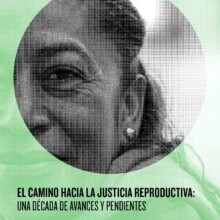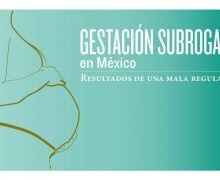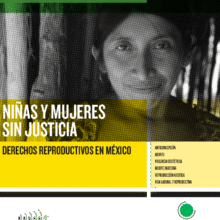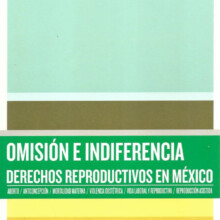Assisted Human Reproduction Techniques enable the birth of thousands of children around the world every year. These interventions include in vitro handling of human oocytes and sperm or embryos for reproduction. The use of assisted reproduction techniques in response, originally, to a medical problem, infertility or sterility, is currently limited. Access to these techniques is not only relevant for those who have health issues, but also for people who, for different reasons, cannot achieve a pregnancy without assistance, such as same-sex couples or single people.
In Mexico, despite the fact that assisted reproduction techniques have been performed in public and private clinics and hospitals for more than four decades, there is still no comprehensive framework that regulates, at a general level, access to these reproductive procedures and their practice. This produces legal uncertainty for the parties involved, and opens the door to arbitrary and discriminatory acts against those seeking assisted reproduction services.
It is essential that regulations adopted are implemented using a democratic gender perspective, respectful of human rights and scientific progress, in accordance with the highest protection standards recognized in the Constitution and in international treaties ratified by Mexico. In addition, that regulation of the provision of assisted reproduction services provides for the medical and technical aspects of the practice, and that local congresses regulate the civil and family consequences that derive from the use of assisted reproduction services.
One of the cases that we accompanied and that was resolved by the Supreme Court shows the need to regulate this issue:
Maria Teresa / Denial of access to Assisted Human Reproduction Techniques / 2017
María Teresa, who was diagnosed with primary infertility, was repeatedly denied admission to the National Medical Center November 20’s Comprehensive Reproduction Program because she was over the age limit. The Court determined the unconstitutionality of specific criteria for admission to said program: the 35 year age limit, legally married couples and not having inheritable genetic anomalies.
At GIRE we fight for regulations that guarantee the rights of women and people with gestational capacity, as well as same-sex couples or single people, so that all of them have access to assisted reproduction procedures without discrimination.







